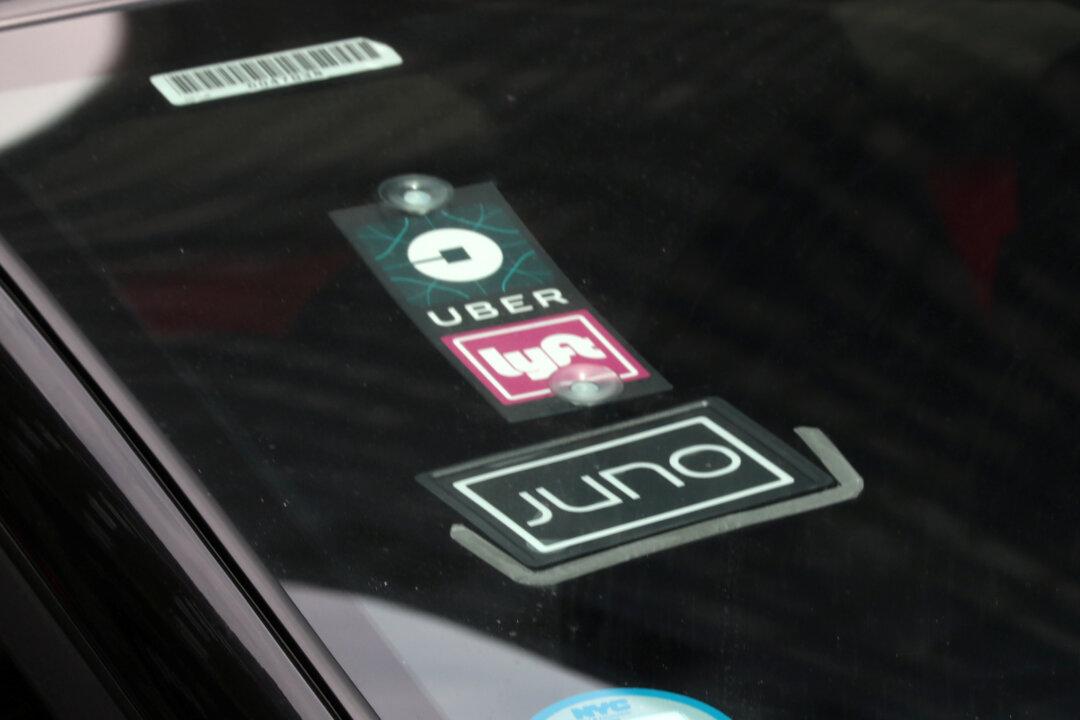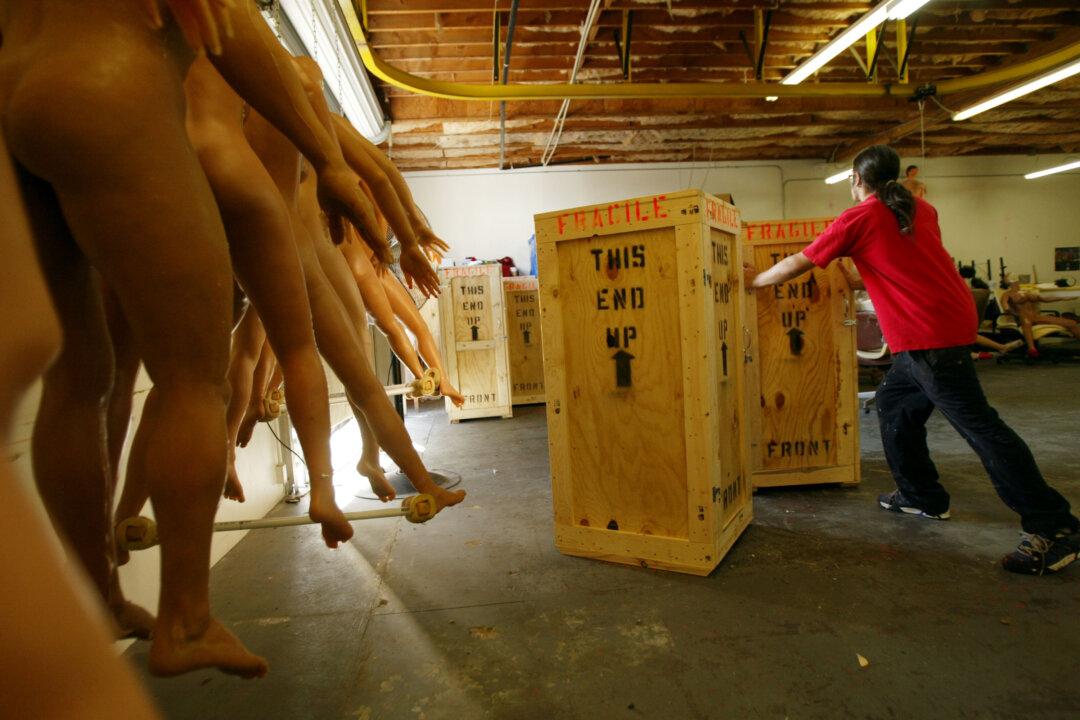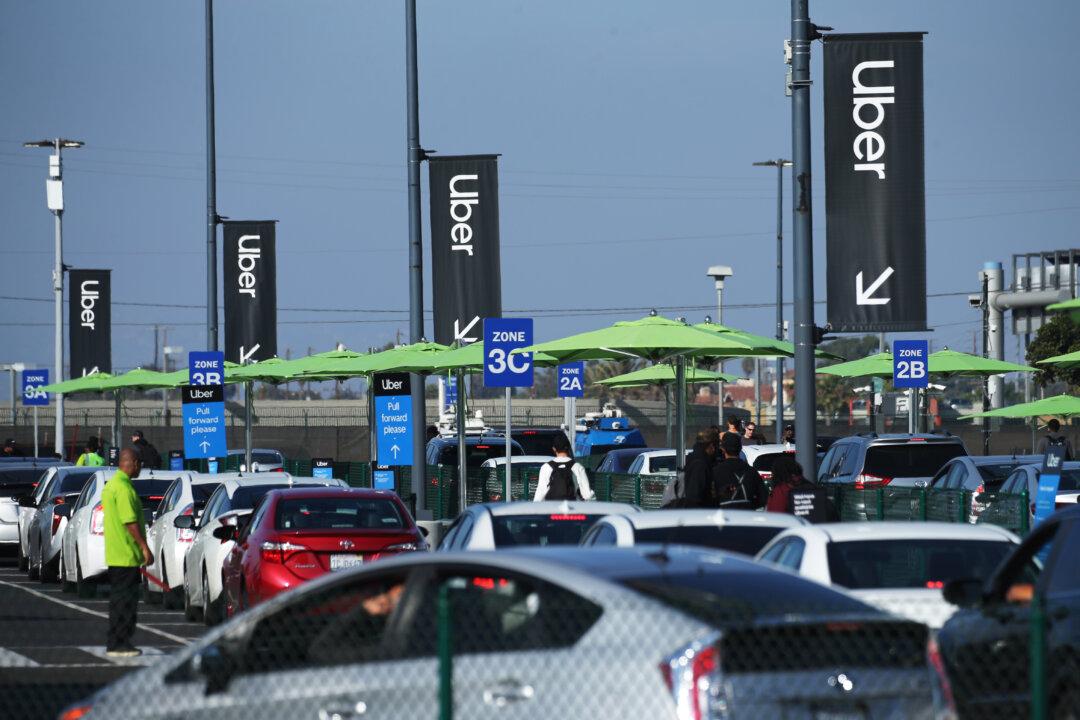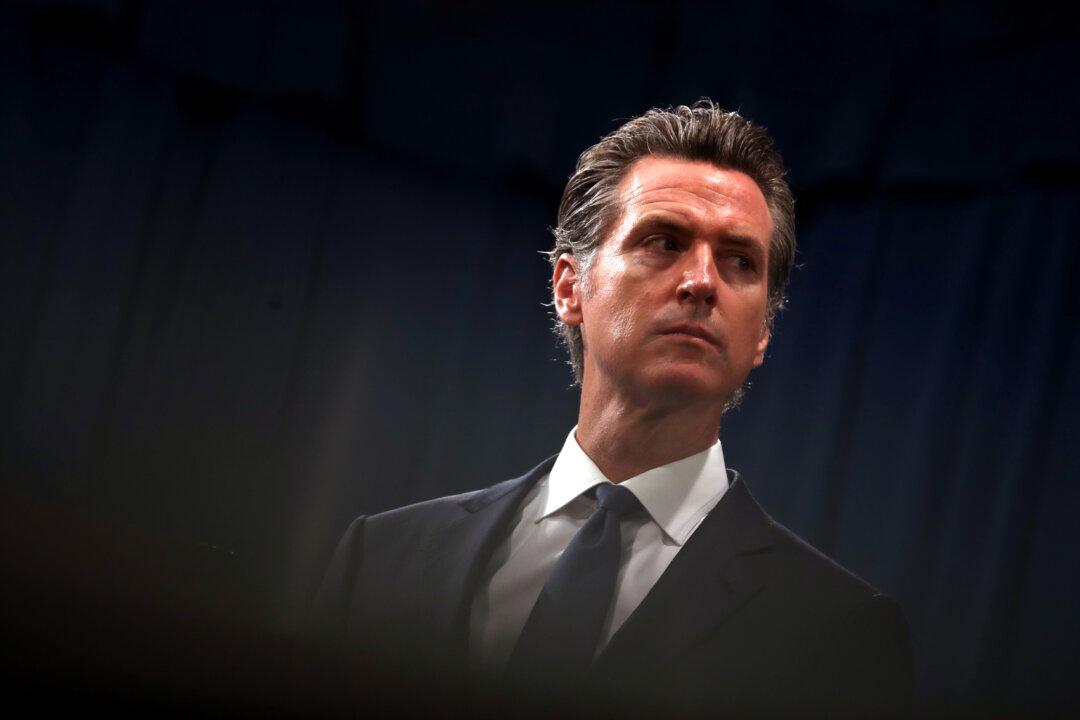A California bill that would require employers provide insurance and other benefits for contractors and freelancers has been signed into law by Gov. Gavin Newsom.
AB-5, authored by Assemblywoman Lorena Gonzalez (D-San Diego) states “a person providing labor or services for remuneration shall be considered an employee rather than an independent contractor.”





